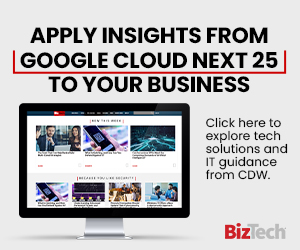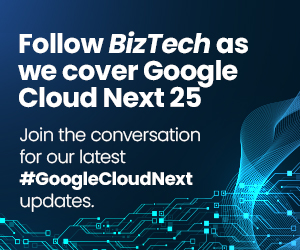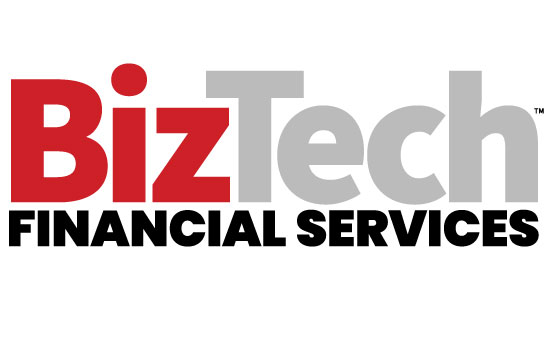Google Agentspace Will Likely Take Center Stage
Currently in beta testing, Google may use Cloud Next as an opportunity to more formally introduce and promote its new AI Agentspace offering, which it began talking about last November. Google’s answer to Copilot, the Microsoft solution designed to help office workers be more productive, Agentspace “unlocks enterprise expertise for employees with agents that bring together Gemini’s advanced reasoning, Google-quality search, and enterprise data, regardless of where it’s hosted,” wrote Saurabh Tiwary, vice president and general manager of cloud AI, in a blog post.
Businesses are buzzing about Agentspace, even though Google’s own efforts to promote it have so far been muted.
“The thing we’re hearing most from customers recently is Agentspace,” says Jason Clishe, a generative AI solution architect with CDW who focuses on Google. Clishe described Agentspace as a “consumer-facing portal or ‘start page’ for how knowledge workers will start their day. You start with your Agentspace screen, and it shows you your unread emails, your calendar for the day and relevant documents that you and others on your team have been working on. It uses AI to surface anything that it feels is relevant for you on that day, and there’s an AI-enabled search box on top, so you can just start typing a question.”
Similar to advanced versions of Copilot, Agentspace is connected “on the back end to all sorts of corporate data systems,” Clishe says, including Google’s own tools, such as Gmail, Google Drive and Google Workspace, “but also many third-party products — Jira, Confluence, Salesforce, OneDrive” and others, Clishe said. Agentspace can review those data sources, understand the context of a business’s challenges, objectives and team communication, and quickly make recommendations on actions, answer questions and offer other assistance.
“So the idea is that a person can implement it, and from an end-user perspective, I can just go to Agentspace — that is my AI-enabled enterprise search home page, and whenever I need anything, I just start typing,” he said. “It’s connected to everything in the environment. It searches everything and pulls back the information I’m looking for.”
CDW has been working to help businesses implement Agentspace. If Google Cloud CEO Thomas Kurian promotes it during his keynote address, interest is likely to accelerate.
Click the banner below to receive related insights after our event coverage.















